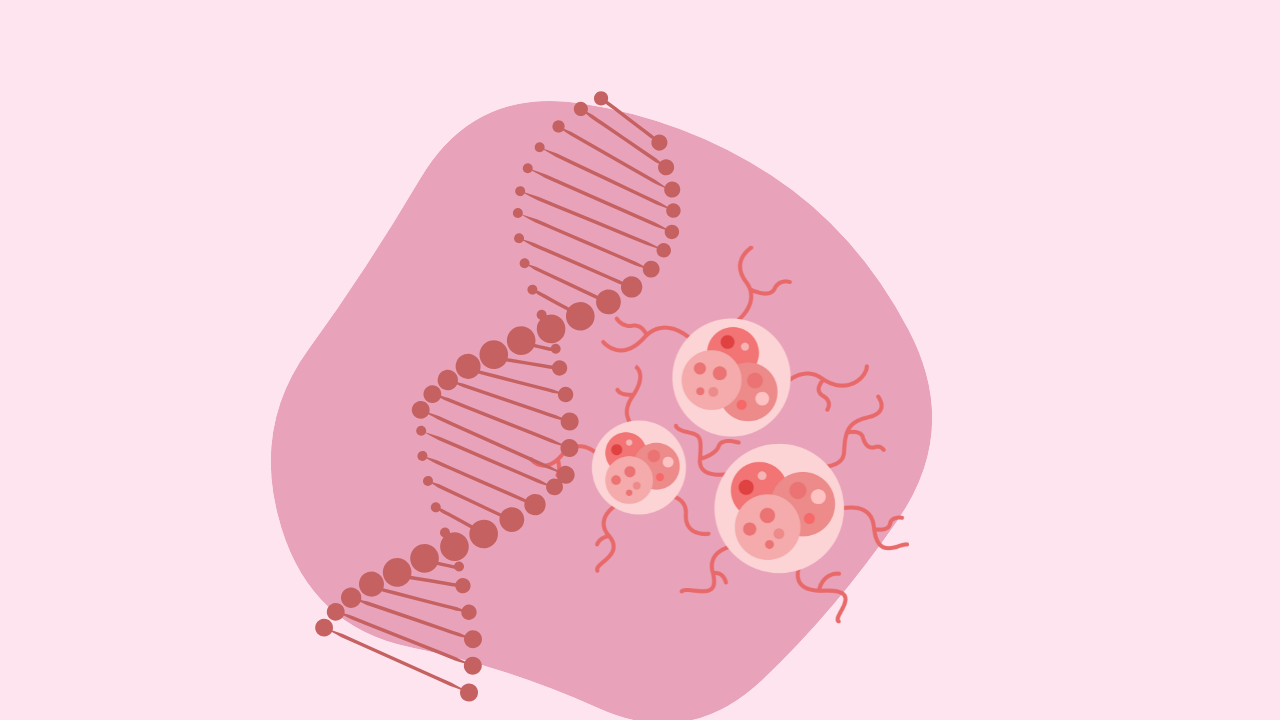New Research Exposes a Hidden Driver of Triple Negative Breast Cancer

Triple negative breast cancer, or TNBC, is aggressive, relentless and currently incurable. It accounts for up to 15 percent of all breast cancer cases and disproportionately affects younger and Black women. Unlike other types of breast cancer, TNBC does not respond to hormone therapy or HER2-targeted treatments. It grows fast, spreads early and returns often.
But a newly identified molecular target may begin to change that.
According to a study published June 30 in Molecular Cancer Research, scientists at Cold Spring Harbor Laboratory have discovered a long non-coding RNA known as LINC01235 that plays a direct role in the development of TNBC. This molecule has previously been linked to gastric cancer, but its role in breast cancer was unknown until now.
The study, led by Professor David Spector and graduate student Wenbo Xu, began with an observation. Data from The Cancer Genome Atlas suggested that LINC01235 was often expressed alongside NFIB, a gene already associated with TNBC. That correlation was enough to raise eyebrows in Spector’s lab. But correlation alone isn’t causation, so they went deeper.
To test their hypothesis, Xu and the team used CRISPR to knock out LINC01235 in breast cancer cells. In a separate experiment, they used antisense molecules to reduce its expression. In both cases, something remarkable happened. NFIB levels dropped and the TNBC organoids stopped forming. The RNA was not just present. It was driving the disease.
LINC01235 positively regulates NFIB transcription, Xu explains, which modulates the NOTCH pathway and influences TNBC cell proliferation.
In plain terms, the molecule controls a gene that fuels cancer growth. Shut it down and you may slow or stop the progression.
According to Spector, the long-term goal is to identify one or more of these long non-coding RNAs—once dismissed as genomic noise—and repurpose them as drug targets. The goal here is to understand mechanisms by which the cell functions and how disease states take over those functions, he says. Perhaps by up-regulating an RNA molecule or down-regulating an RNA molecule.
TNBC has long resisted targeted therapies. Unlike estrogen-positive or HER2-positive cancers, it offers few molecular vulnerabilities. But the discovery of LINC01235 gives researchers a new foothold. It may be one small RNA, but it signals a larger shift in how we approach treatment.
The study, titled LINC01235 is an Upstream Regulator of the NFIB Gene and the NOTCH Pathway in Triple Negative Breast Cancer, was published by Xu and colleagues in Molecular Cancer Research on June 30, 2025. According to the American Association for Cancer Research, this is one of the first studies to directly connect a non-coding RNA with the regulatory machinery driving TNBC progression.
The work is early and clinical therapies are still far off. But every treatment starts with a discovery. And in the world of triple negative breast cancer, those discoveries are rare.
This one matters.







